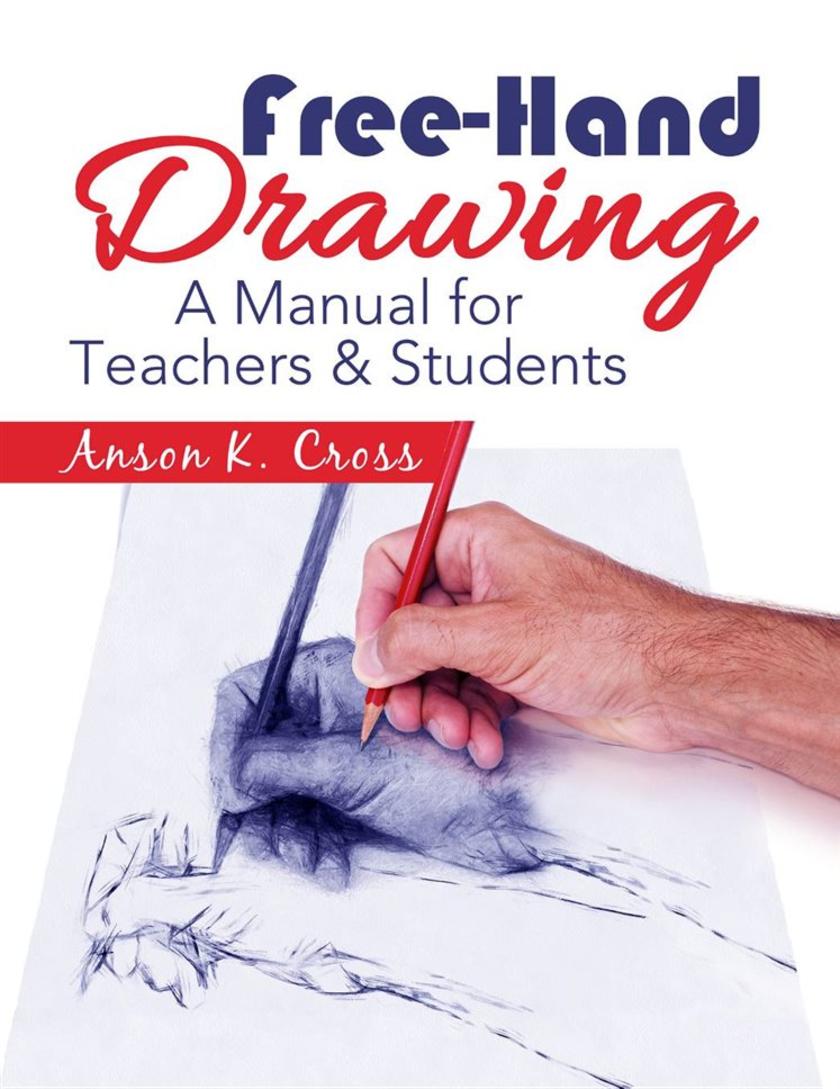
Free-Hand Drawing: "A Manual for Teachers & Students"
¥28.04
You Touched Me was written in the year 1920 by David Herbert Lawrence. This book is one of the most popular novels of David Herbert Lawrence, and has been translated into several other languages around the world.This book is published by Booklassic which brings young readers closer to classic literature globally.
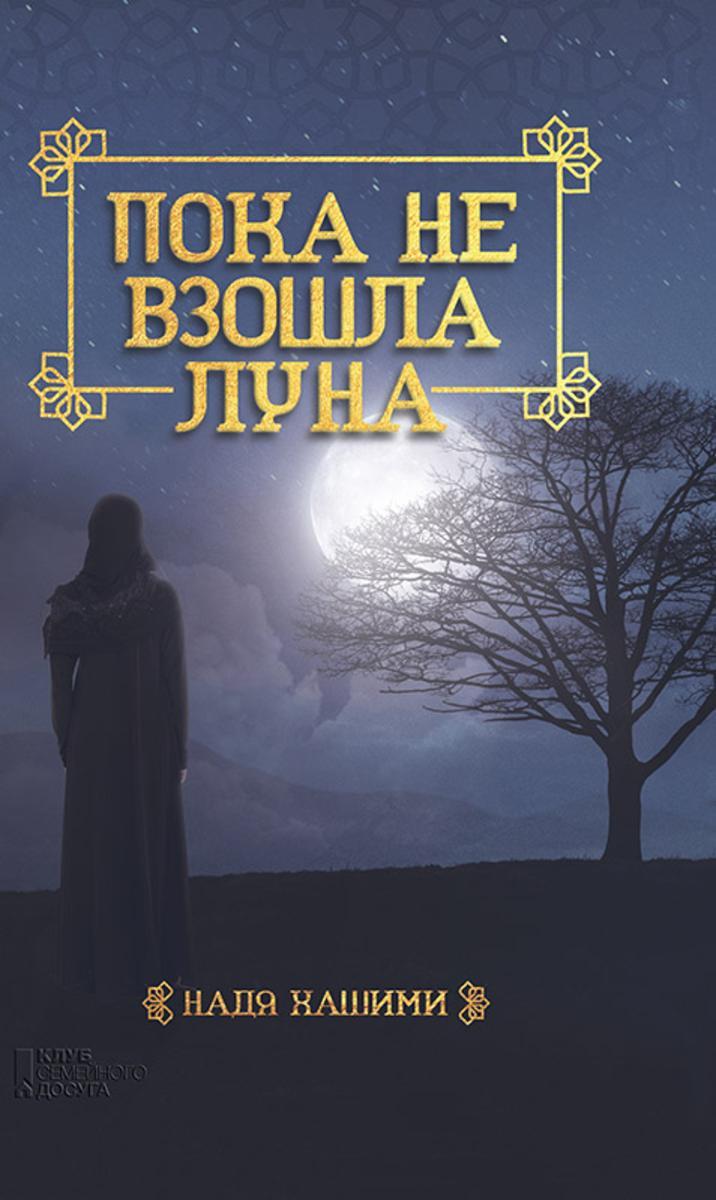
Пока не взошла луна (Poka ne vzoshla luna)
¥18.07
Щороку ми д?зна?мося дедал? б?льше нових сл?в у галуз? економ?ки, комп’ютерних технолог?й ? маркетингу, натом?сть невпинно убож?? наш лексикон у сфер? етики й морал?. Дев?д Брукс б’? на сполох: очевидно, що сучасне сусп?льство у гонитв? за новац?ями нехту? усталеними етичними принципами, втрача? моральн? стимули й ?деали, руйну? св?й духовний стрижень. ?ДНК особистост?? про те, як переглянути власн? пр?оритети ? зосередитися на внутр?шн?х чеснотах. Вона покаже, як деяким людям вдалося проторувати шлях до сильного характеру ? стати г?дною особист?стю. ?хн? ?стор?? стануть для читача певними ор??нтирами у пошуках власно? стратег?? гартування характеру, допоможуть п?знати себе, в?днайти душевну гармон?ю ? щастя.
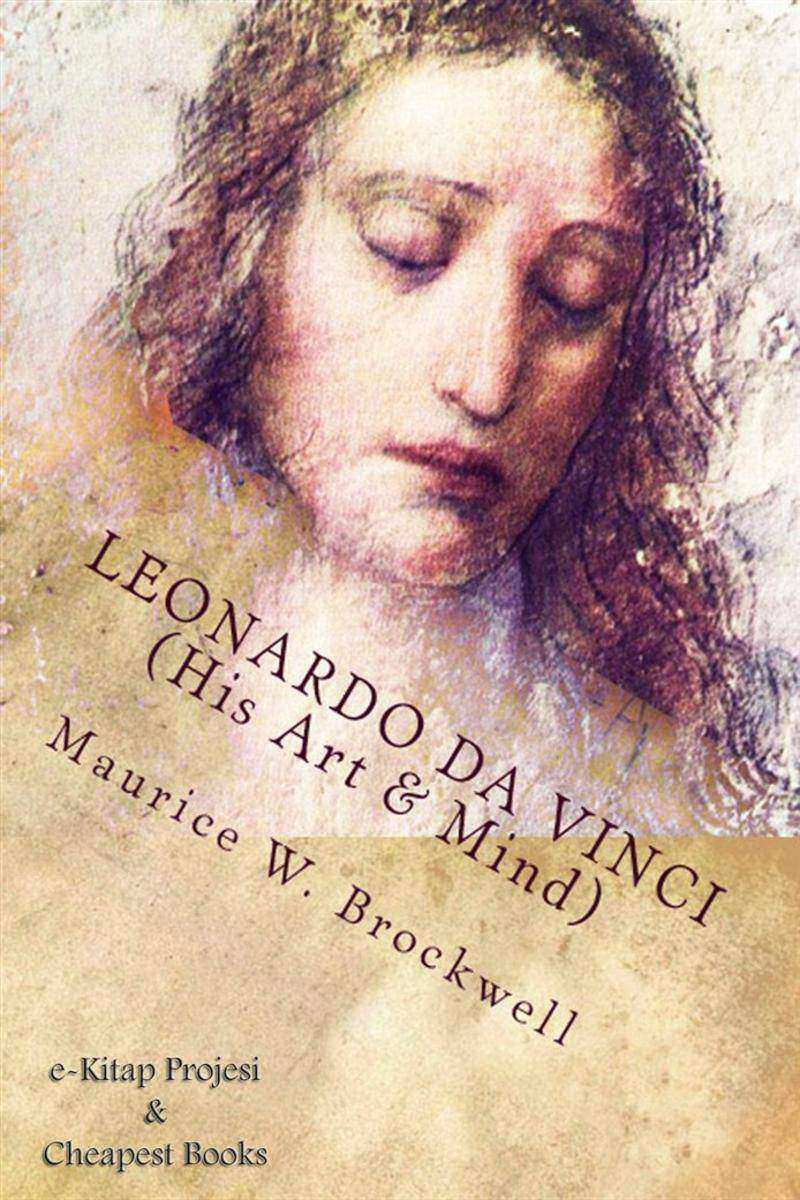
Leonardo Da Vinci (His Art & Mind): "Illustrated with Eight Reproductions in Col
¥28.61
The Primrose Path was written in the year 1922 by David Herbert Lawrence. This book is one of the most popular novels of David Herbert Lawrence, and has been translated into several other languages around the world.This book is published by Booklassic which brings young readers closer to classic literature globally.
![Darwin ve Türlerin K?keni: [Bir Biyografik & Darwin ve Evrim Kuram? ?al??mas?]](https://platform-permanent.ddimg.cn/pt-media-info-soa-resource/digital/product/75/44/1901167544_ii_cover.jpg?version=6ae02eda-546b-4ded-81f6-1c86f7a2fc97)
Darwin ve Türlerin K?keni: [Bir Biyografik & Darwin ve Evrim Kuram? ?al??mas?]
¥28.04
…mi hajtja a géniuszokat? Szeretnéd tudni, mit tanulhatsz a t?rténelem nagyjaitól, hogy a legt?bbet hozd ki magadból? Ha igen, vár rád egy kaland. Sean Patrick k?nyve hatalmas sikert aratott a tengerentúlon. Ha elolvasod, tizenegy bámulatos elme életébe pillanthatsz be. Megtudhatod, mi hajtotta ?ket, és hogyan alakította az életüket egy-egy jellemz? tulajdonság. Látni fogod t?bbek k?z?tt, hogyan indult útjára Walt Disney stúdiója, miként vált egy karddal játszó kisfiúból a hódító Nagy Sándor, vagy hogyan lett Nikola Tesla a megannyi nehézség ellenére az elektromosság atyja. A kiválóság nem adottság, hanem egy út, amire Te is ráléphetsz. Mondj ?IGEN!”-t a saját kalandodra, és ébreszd fel a benned rejl? géniuszt!
![Mother Goose: [Illustrated & The Original Volland Edition]](https://platform-permanent.ddimg.cn/pt-media-info-soa-resource/digital/product/75/14/1901167514_ii_cover.jpg?version=bdba6de9-4577-4269-8082-011f10d5ecb2)
Mother Goose: [Illustrated & The Original Volland Edition]
¥9.48
The Horse-Dealer's Daughter was written in the year 1922 by David Herbert Lawrence. This book is one of the most popular novels of David Herbert Lawrence, and has been translated into several other languages around the world.This book is published by Booklassic which brings young readers closer to classic literature globally.
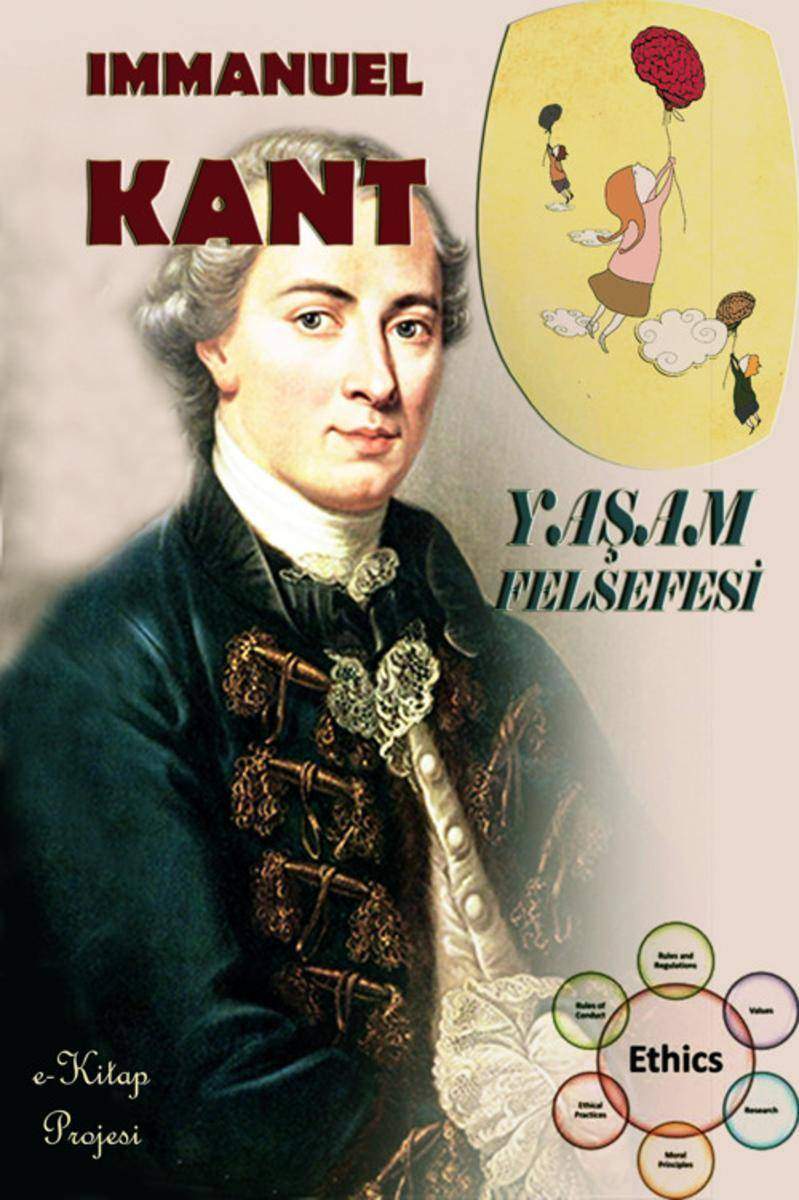
Yasam Felsefesi: "Bir Kant & Felsefe Kurami Klasigi"
¥28.04
A 10. 32. egy r?vid t?rténet a magányról, amelyben mindenki rengeteg kávét iszik. De nincs az a mennyiség? kávé, mely segíthetne megbirkózni a felemás emberi kapcsolatokból fakadó érzelmi feszültséggel.Ben, a t?rténet tizenéves f?szerepl?je lépten-nyomon ezzel a nyomasztó problémával kénytelen szembesülni. ?s úgy t?nik, senki nem tudja rá a megoldást. Ahogy a választ sem arra a kérdésre, hogy vajon hova lehetne elmenekülni egy ilyen helyzetb?l, ha kétségbeesésünkben azt sem tudjuk megmondani, mi a valóság, és mi az, ami csak a képzeletünk szürreális játéka.
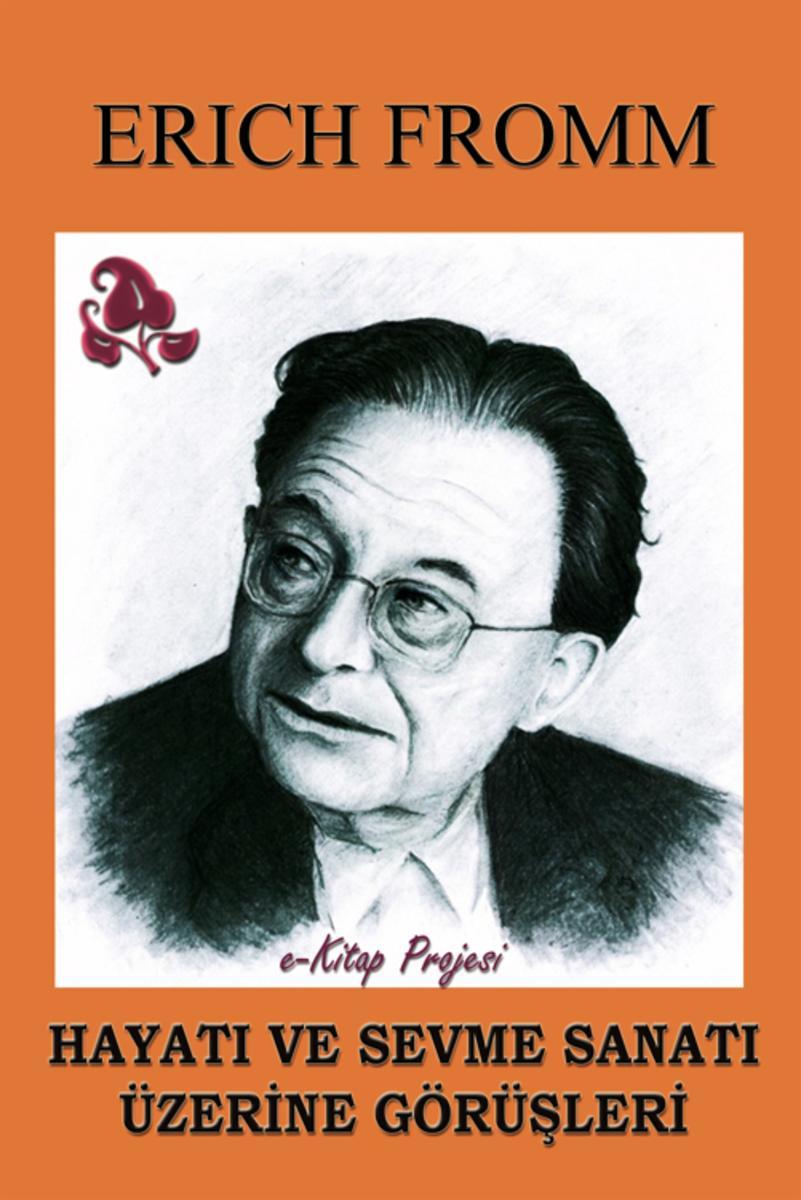
Hayati ve Sevme Sanati Uzerine Gorusleri: [Bir Otobiyografik & Psikolojik Calism
¥47.66
*** SZENVED?LYESEBB, B?V?TETT KIAD?S ***Aki az els? részt szerette, ezt imádni fogja!Suzanne, a szerelme és a Cosa Nostra el?l menekül? angol lány New Yorkban rejt?zik el, azonban rá kell j?nnie, hogy a saját érzései el?l hiába próbálna elbújni. Sivár mindennapjaiból a Massimóval való váratlan találkozása ragadja ki, amelynek eredményeképpen ismét Szicíliában, a szenvedély és a félelem birodalmában találja magátVajon ezúttal mégiscsak happy enddel végz?dik a t?rténetük? A lánynak legel?sz?r arra kell rád?bbennie, hogy a kül?n t?lt?tt id? alatt minden és mindenki megváltozott.Ugyanakkor azt is megérti, hogy bármennyire küzdenek ellene Massimóval, ?ket ?sszek?ti a kémia, és talán valami más is BORSA BROWN hatalmas sikert aratott trilógiájának új kiadású k?tetében a vágyat veszi górcs? alá, és arra a konklúzióra jut, hogy a végzetszer? vonzódás el?l nincs menekvés, mint ahogyan a maffia ?leléséb?l sem lehet szabadulni. A maffia ágyában érzéki jelenetekben b?velked?, izgalmas folytatása nem fog csalódást okozni a rajongóknak!A maffia-trilógia részei:A maffia ágyában** A maffia ?lelésében **A maffia szívében
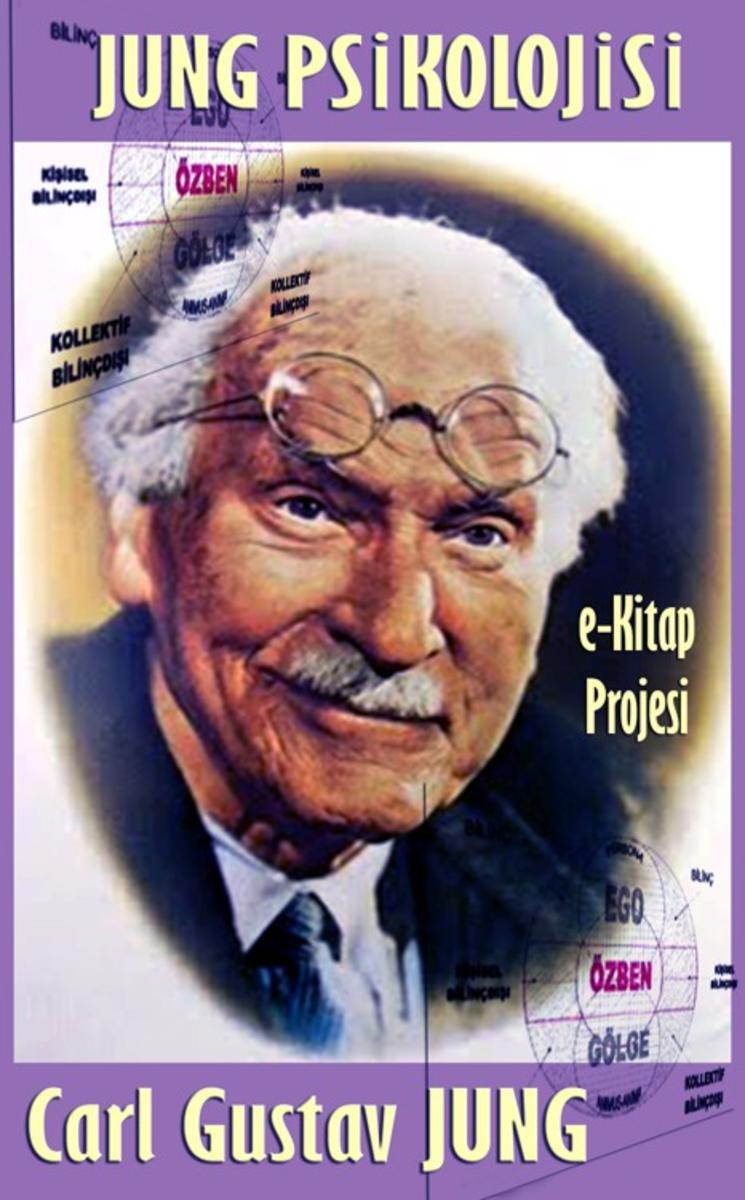
Jung Psikolojisi: "Bir Psikoloji & Modern Psikanaliz Kurami"
¥45.78
Ezek a versek azoknak szólnak, akik úgy érzik, hogy életük felett a gondok hullámai készülnek ?sszecsapni. Szürke hétk?znapokban k?nnyen keseredünk el, vagy csüggedünk, ha nehezen j?nnek a sikerek, ha kevés a pozitív visszajelzés. Legyen szó pénzr?l, egészségr?l, kapcsolatokról, vagy a boldogságról. Néhány lélekemel? gondolat segíthet felfedezni a benned rejl? er?t, a kiaknázatlan er?forrásokat, amik képesek éreztetni veled, hogy olyan életet élsz, amilyet szeretnél és hogy senkivel nem cserélnél! M?nich Krisztina tapasztalta, hogy a szeretetnek és a hitnek hatalmas ereje van. Meger?sít benne, hogy a helyes úton jársz, gyógyít, inspirál és felemel. Verseivel és az Angyalokkal együtt szeretne biztatást, reményt nyújtani.
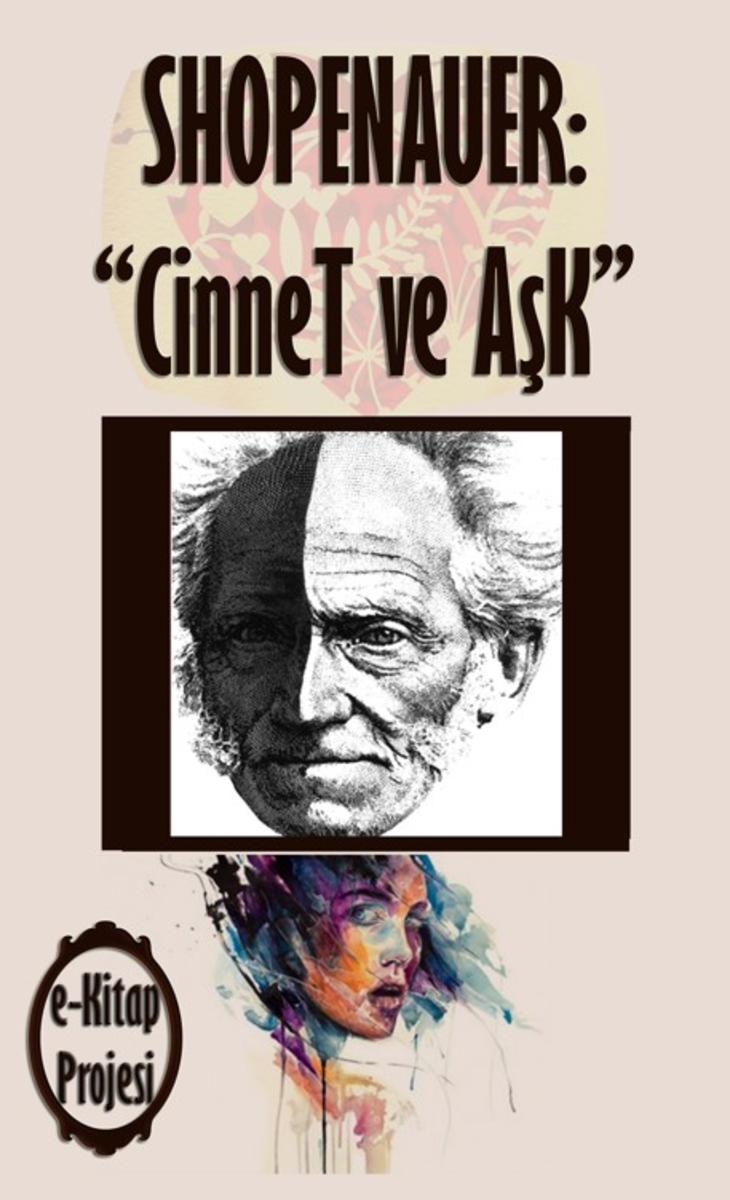
Cinnet ve Ask: "Bir Felsefe & Sosyoloji Kurami"
¥28.04
Milyen lenyomatot hagyott bennünk 1956? T?rténelem alulnézetb?l, avagy családi emlékek, személyes t?rténetek az ominózus ?szr?l, ami után minden más lett. Hogyan lesz egy 17 éves gyárimunkás fiúból néhány nap leforgása alatt forradalmár? Mi t?rtént Erdélyben 56-ban? Mikor eszmél rá a hatéves kislány, hogy a nagyapja Magyarország legfontosabb embere? Hogyan él tovább az, akinek a menyasszonya ?r?kre elhagyta az országot? Hogyan válik a távoli kultúrából érkez? idegen október 23. szellemiségét átérz? emberré? Ilyen és ezekhez hasonló kérdésekre válaszol t?bbek k?z?tt Horgas Eszter, Varga Miklós, Kiss Zoltán Zéro, Tordai Teri, Vámos Miklós, Bornai Tibor és sokan mások. A kül?n?s, szívszorító vagy kalandos emlékekb?l megismerhetjük az ezerarcú forradalom néhány emberi mozzanatát. Naszvadi Judith családi érintettsége okán is kezdte el feltenni a kérdéseket el?bb sz?kebb, majd tágabb k?rnyezetében. A 60. évfordulóra így, ezekb?l az interjúkból állt ?ssze A mi '56-unk.
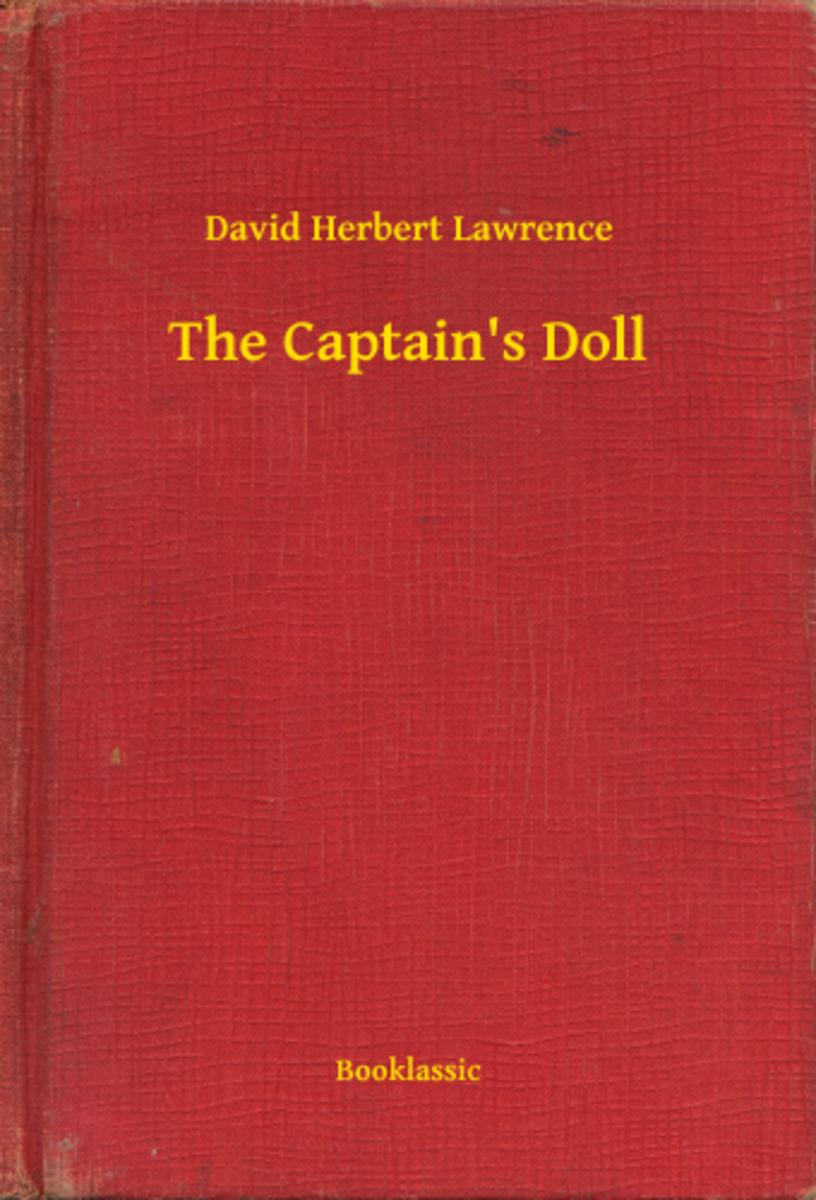
The Captain's Doll
¥7.93
1944-ben még javában dúl a második világháború, amikor az amerikai hadsereg ifjú hadnagya, Lucas Athan egy egyiptomi sírboltból származó szarkofágot talál az elzász-lotaringiai hadszíntéren. A Princeton Egyetemre szállított k?láda rejtélyeit csak Lucas tudja megfejteni a tehetséges ifjú régészn?, Simone Rashid segítségével. Ezek a rejtélyek magának Albert Einsteinnek a s?tét jóslatait cáfolhatják vagy er?síthetik meg. Lucas és Simone a szarkofág kül?n?s tartalmának vizsgálata k?zben akaratukon kívül a világra szabadítják a jó és a gonosz er?it. A világ sorsa innent?l fogva nemcsak Einstein professzor titkos kutatómunkájától függ, hanem attól is, hogy Lucas képes-e legy?zni egy minden eddiginél elképzelhetetlenebb erej?, démoni ellenséget. Robert Masello az Egyesült ?llamok egyik legsikeresebb t?rténelmi és misztikus krimi írója, regényeit 15 nyelvre fordították le. A díjnyertes újságíró elméjéb?l olyan izgalmas, letehetetlen kalandregény pattant ki, amelyben a modern tudomány csap ?ssze az ?si természetfeletti er?kkel. ? A szerz? k?nnyed, szórakoztató misztikus thrillerei k?zül a most megjelen? Az Einstein-prófécia?a megidézett korszak miatt az Indiana Jones-ra emlékeztet sokakat, de k?nyveit ajánljuk Steve Berry, Dan Brown regényeit kedvel? k?z?nségnek. Masello t?bb k?nyvét tervezi a kiadó a k?zelj?v?ben kiadni.
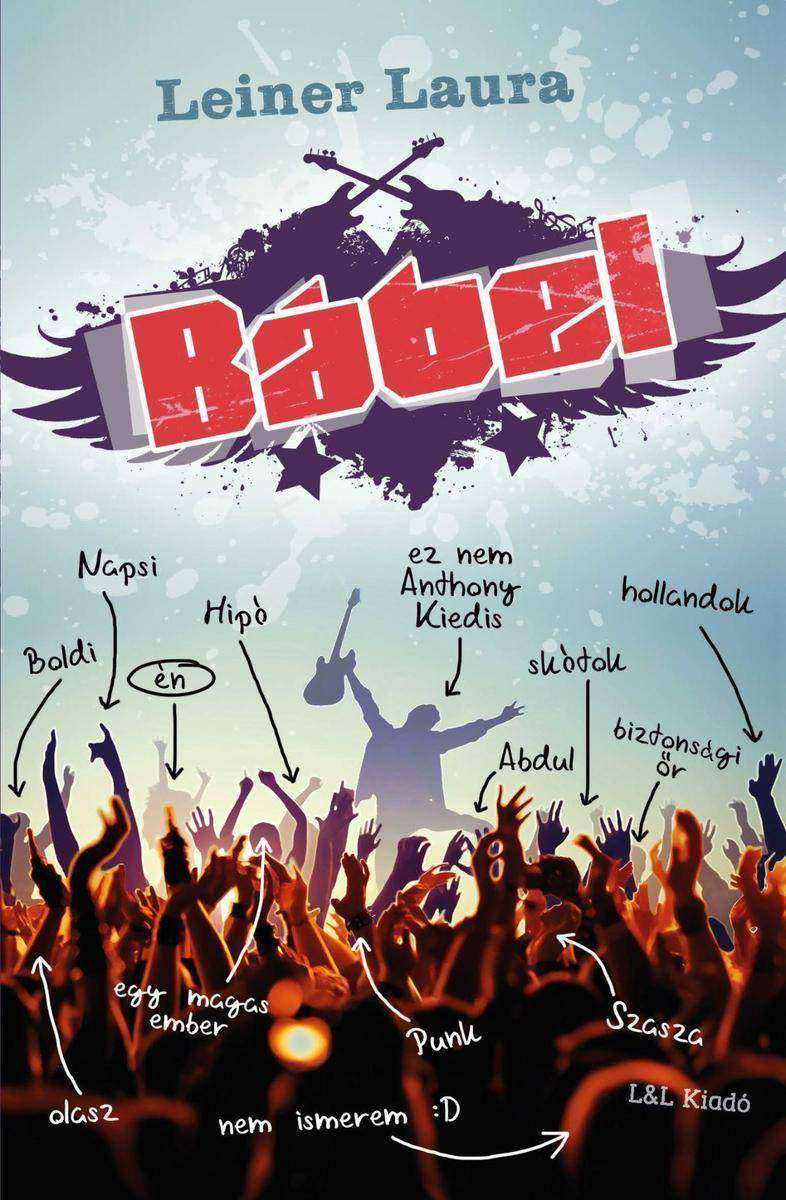
Bábel
¥74.47
Segítség a h?tleneknek, segítség a szeret?knek és segítség a megcsaltaknak. A k?tet szerz?je, Gelsei Bernadett szeret?ként maga is volt ilyen helyzetben, és pszichológusként is rendszeresen ad tanácsot azoknak, akik szerelmi háromsz?gbe kerültek. A k?nyvb?l jobban megérheted a társas hármas más résztvev?inek néz?pontját, és kitalálhatod, mit tegyél, ha valahogy szerelmi háromsz?gbe jutottál.
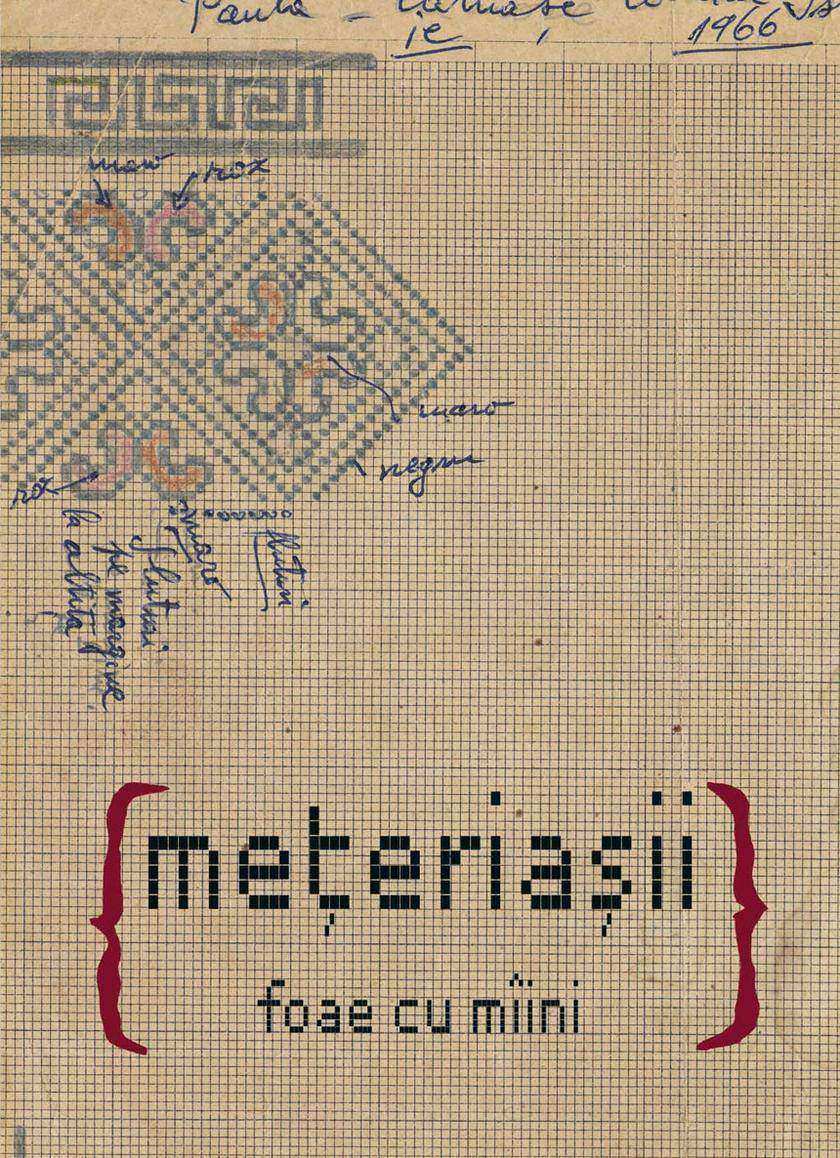
Me?eria?ii (foae cu m?ini)
¥24.44
Evie Snowt id?s korában, álmában, a szerettei k?rében ragadja el a halál. Ki az, aki nem ilyen békés eltávozásra vágyik? Amikor azonban megérkezik a mennyország kapujába, rá kell d?bbennie, hogy újra huszonhét éves, és az ajtó nem nyílik. Ahhoz, hogy átjuthasson rajta, meg kell szabadulnia a lelkére nehezed? terhekt?l: három titoktól, amely fél évszázadon át nyomasztotta ?t. Fel kell tárnia titkait, miel?tt kés? lesz. Evie csodálatos utazása során t?bbet tanul az életr?l és a szerelemr?l, mint azt valaha képzelte volna, s talán a rég elvesztett szerelméhez vezet? utat is sikerül megtalálnia. ? Varázslatos regénnyel lepte meg rajongóit Carrie Hope Fletcher, aki az egyik legnépszer?bb fiatal sztár és nemcsak hazájában, Angliában. Népszer? West End-énekesn?, százezrek által k?vetett youtuber, író, második k?tete ez - és egyben els? regénye. ?Napokkal megjelenése után, ahogy el?z? k?tete is, azonnal a Sunday Times els? számú bestsellere lett.
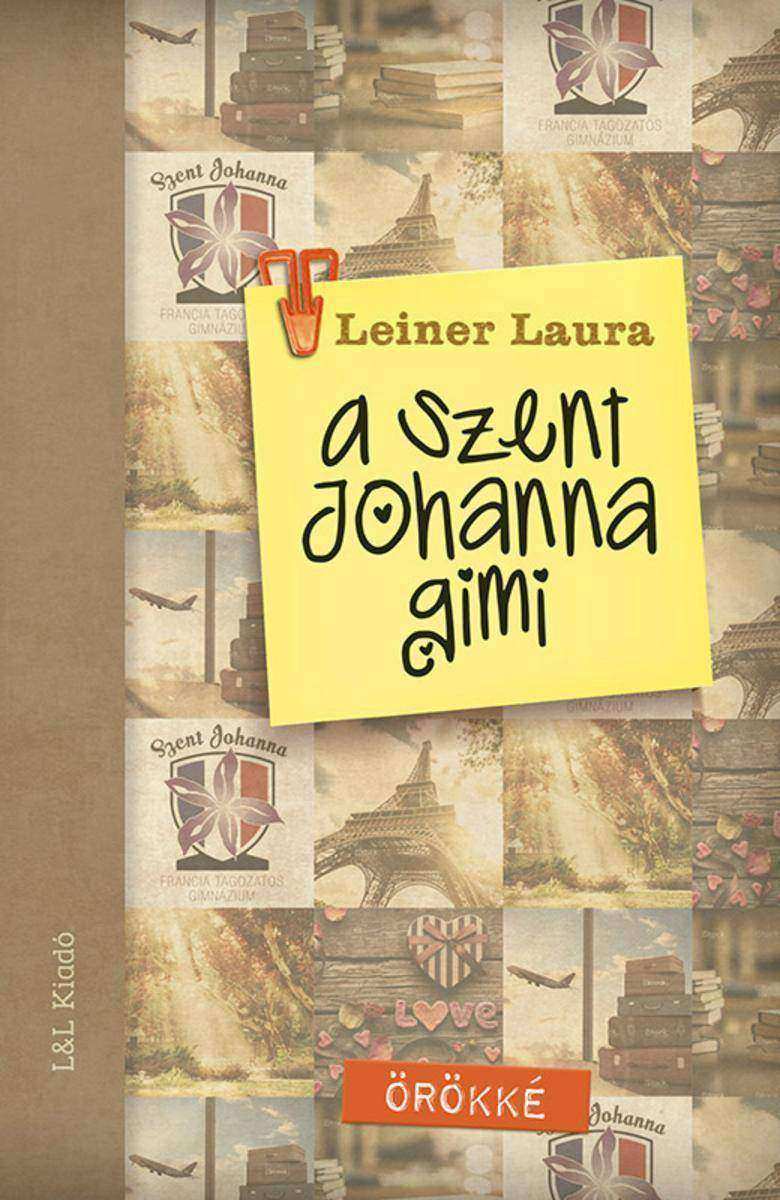
?r?kké
¥87.74
Az escseppek fenn születnek az égen, egy hatalmas felhpalotában. Annak is a belsejében. Puha fehérség veszi ket krbe. A csecsem escseppek azonban gyorsan fejldnek. Megszületésük után már egy-két órával vidáman ugrándoznak, hancúroznak. Ha megszomjaznak, finom páralevet isznak, ha megéheznek, ízletes felhcipót majszolnak. Gyorsan nnek. s gondtalan életük tele van mókával, meglepetéssel. Ugyanis a felhkastély, ami lassan úszik a kék égen, nem olyan, mint az emberek által épített házak, várak, kastélyok – merthogy a szobák nem maradnak ugyanott, hanem folyton vándorolnak, de még a feladatuk is állandóan változik. Az, ami reggel még a konyha volt, délidre hálószobává alakul át, estére pedig már fürdszoba lesz. Ezért az escsepp gyerekek élete csupa izgalmas kaland. Amikor egyik helyiségbl átfutnak a másikba, még nem tudják, hogy mi vár rájuk a kvetkez szobában. Ennek az az oka, hogy maga a palota is percrl percre arrébb mozdul az égen, a szél fújja tovább, az egész épület szüntelenül gomolyog. A legkisebbek ezért a palota kzepén cseperednek fel, mert a szélek, ahol a nagyobbak és a felnttek élnek, sokszor leszakadoznak, amikbl es hull a fldre.”
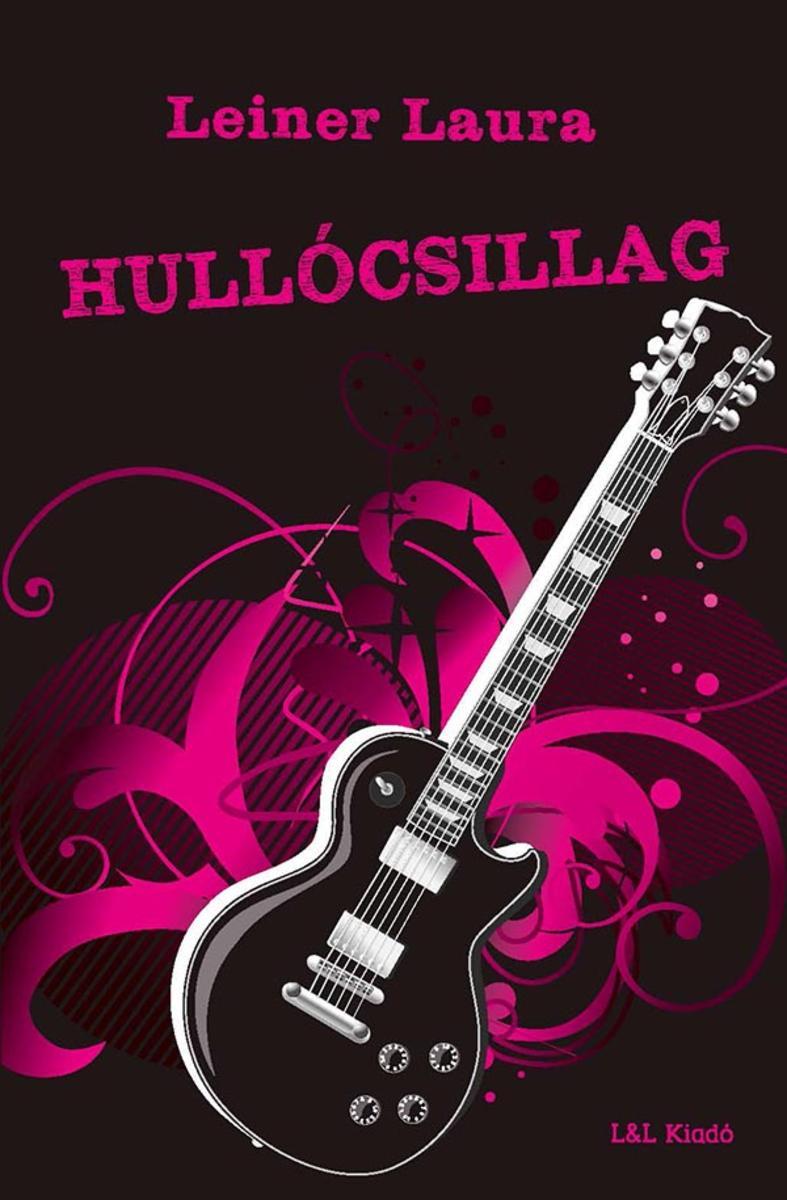
Hullócsillag
¥65.58
t kisregény egy ktetben: Arc a porban, Idfolyam, A zld gyermekek, Metszéspontok, Az éjsárkány forrása. A cím arról a mesebeli-mitológiai égig ér, csodálatos fáról beszél, amely ezeken a lapokon is megjelenik itt ott, és számos nép hitvilágában az emberek és az istenek fldntúli világát kti ssze.A valóságot az elképzelhetetlennel, a profánt a csodával. Az én trténeteim is ezt az utat járják.A valóság és a misztikum metszéspontjai érdekelnek: az a pillanat, amikor fldhzragadt életünkben megjelenik valami, amit nem tudunk megmagyarázni; amikor végig fut rajtunk a túlvilági lét borzongása.Amikor írni kezdtem, ezzel a titokkal találtam szembe magam, és ezt keresem, hajszolom azóta is.A fa ágai kztt külns világok rejtznek, az ember dolga pedig az, hogy az ágak kztt egyre feljebb és feljebb kapaszkodva felfedezze ezeket.
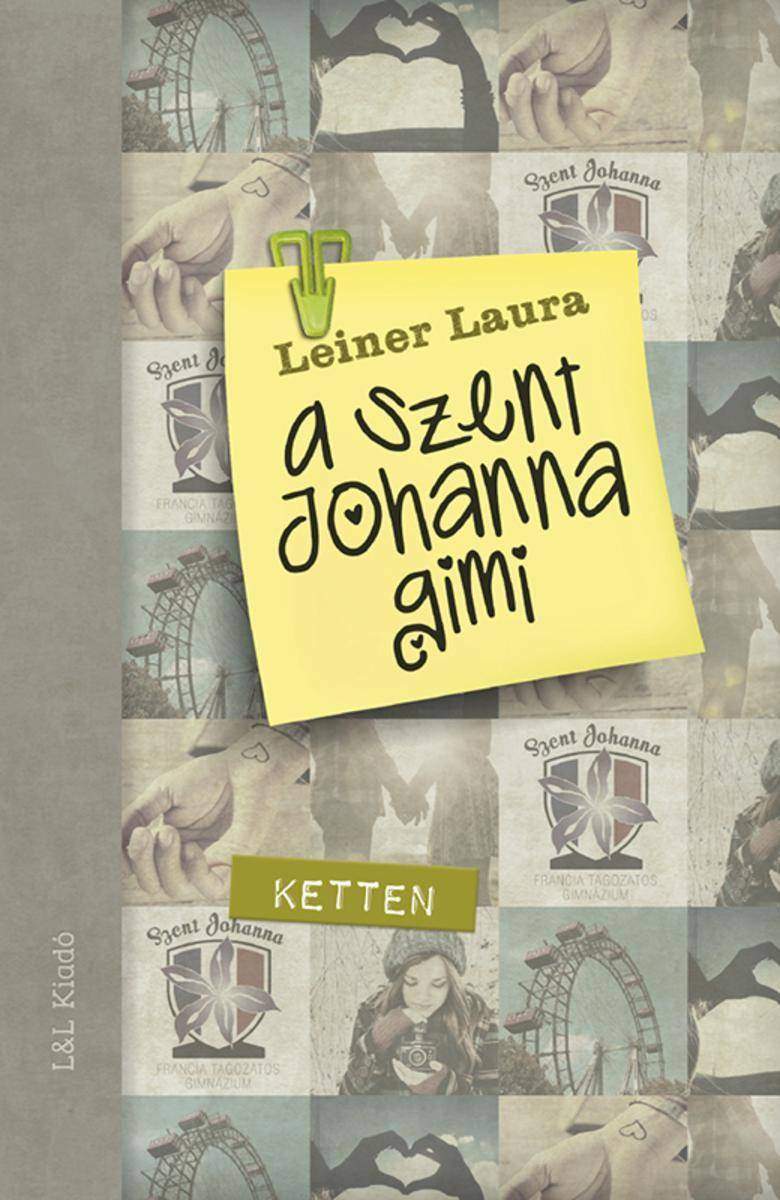
Ketten: A Szent Johanna gimi
¥65.40
Néha egyetlen pillanatban, egyetlen színben, egyetlen mondatban benne van a k?rül?ttünk zajló élet, minden ellentmondásosságával és szépségével együtt. ?rzéseket, gondolatokat, színeket ragad meg r?vid verseiben Garay Zsuzsanna, amit Rápolthy Ingrid illusztrációi tesznek még érzékletesebbeké. Néha egyetlen pillanatban, egyetlen színben, egyetlen mondatban benne van a k?rül?ttünk zajló élet, minden ellentmondásosságával és szépségével együtt. ?rzéseket, gondolatokat, színeket ragad meg r?vid verseiben Garay Zsuzsanna, amit Rápolthy Ingrid illusztrációi tesznek még érzékletesebbeké.
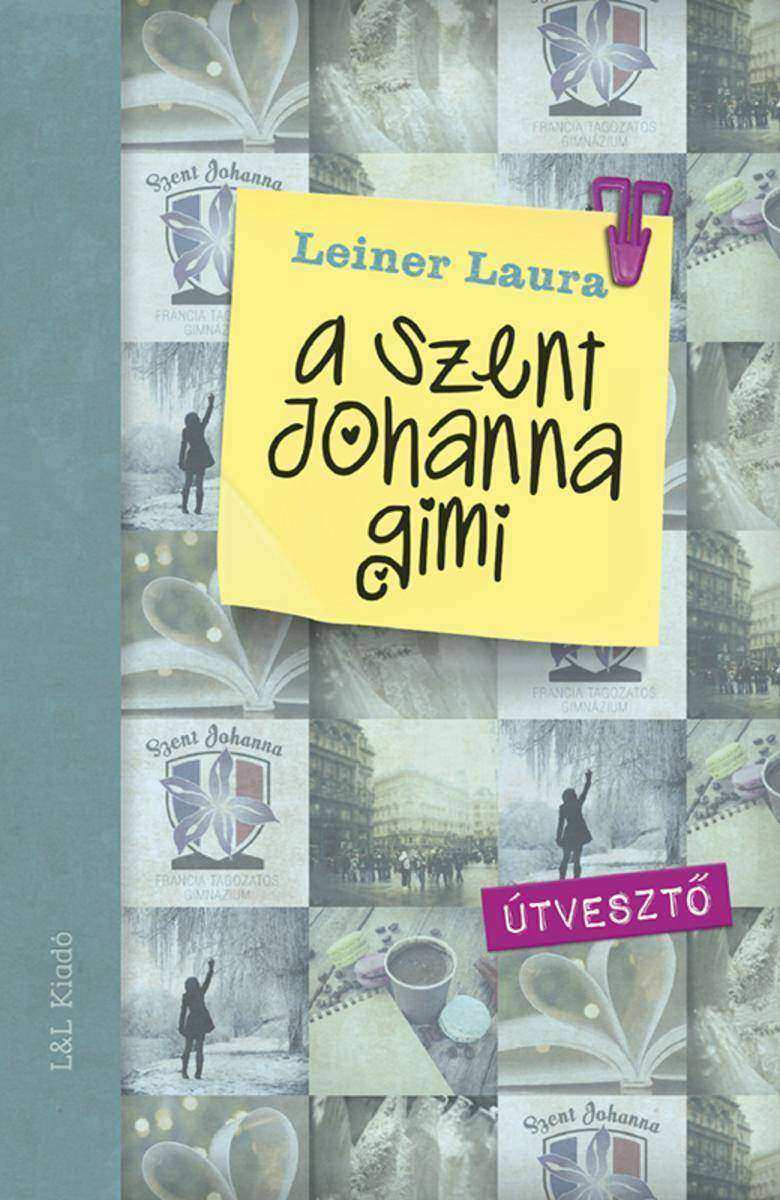
?tveszt?
¥65.40
HA RVID AZ LET, TOLDD MEG EGY BALLPSSEL!” A knyvben hét beszélgetést olvashatsz volt brtnlakókkal, igazi nehézfiúkkal, akik együttesen csaknem 100 évet tltttek a rácsok mgtt, és most az életükrl vallanak Dorkának. Megismerkedhetsz az Isten ostorával, aki 13 évesen lóktéssel kezdte, Felipével, akit fénykorában a fél magyar rendrség üldztt az M3-ason, a Profival, aki a magánzárkán hosszú éveken át csak gyúrt és olvasott, vagy rpival, aki már régen nem is élne, ha nem került volna be a sittre. Elgondolkodhatsz a pokolról, az emberlésrl és az ártatlanságról, borzadhatsz, félhetsz, nevethetsz és sírhatsz.BKY DORKA, a Feldmár Intézet igazgatója 2011 óta dolgozik a brtnben, a Feldmár Andrással kifejlesztett Mesekr program keretében. A fogvatartottak saját életük élményeibl állítanak ssze mesejátékokat, amit aztán dramatizálnak, rendeznek, megzenésítenek és eladják a gyerekeiknek.

Valahol
¥65.58
Amikor egyszer csak azzal szembesülsz, hogy elkap egy mindenféle tünetekkel járó rosszullét, még fogalmad sincs róla, hogy valami olyasmi veszi kezdetét, ami hónapokra, évekre vagy akár évtizedekre is meghatározza majd az életedet. Csak id? kérdése és a rohamok megismétl?dnek, egyre gyakoribbá válnak, szép lassan úrrá lesznek rajtad és átveszik a hatalmat a sorsod felett. El?sz?r még te magad sem hiszed el, hogy mindez veled t?rténik. Valami, amir?l azt mondják pánik(betegség), egy sz?rny? fenevad, rád talált, utolért, beléd bújt, a részed lett és pokollá akarja tenni vagy már azzá is tette az életedet. Ett?l kezdve ugyanis nem te parancsolsz neki, hanem ? neked. Nem tudsz elbújni vagy elmenekülni el?le, mert ott van benned, a saját testedben és a lelkedben. Ha ?r?kre meg akarsz szabadulni t?le, egy életre szóló feladat vár rád, talán életed legnagyobb kihívása ez. Mindenekel?tt el kell d?ntened, hogy képes vagy rá és tudnod kell, hogy valami nagy változásra van szükséged. Ha el akarod felejteni mindazt a sok szomorúságot, kellemetlenséget, fájdalmat és rosszat, amire ezen túl még csak emlékezni sem akarsz, meg kell változnod. A változáshoz semmi másra nincs szükséged, csakis ?nmagadra. Ha úgy d?ntesz, te vagy az er?sebb és legy?z?d minden mutációjával együtt, tudnod kell az el?tted álló út nemcsak hosszú és magányos, de meglehet?sen nehéz, és gy?trelmes lesz, sok ?nfegyelmet és alázatot kíván majd. De cserébe ígérem, talán sok-sokévnyi sikertelen próbálkozás után, az alagút végén te is meglátod a fényt. A fény felé haladva egyre határozottabban látod majd a megoldást, élvezed a sikert, legy?z?d a korlátaidat, és újra kinyílik számodra a világ. Amikor a magamfajta szerencse fia, rátalál a saját pokolból kivezet? útjára, egy id? után egyre világosabban látja, merre kell mennie, és mit kell tennie nemcsak hogy saját magát, de sorstársait is gy?zelemre segítse. Csakis így nyerhet értelmet az életében miden szenvedés, zsákutca vagy kanyar… Szóljon hát ez a k?nyv segítségül mindazoknak, akik velem együtt megjárták a pánik, ama legmélységesebb bugyrait, amit leggonoszabb ellenségeimnek sem kívánnék, ha egyáltalán lennének ilyenek!

?g veled
¥76.35
Egy olyan asszony, n?, feleség vagyok, aki mindennél jobban szeretné egy babával megajándékozni férjét, családját és ?nmagát. De valahol homokszem került a gépezetbe. Err?l a homokszemr?l és az ebb?l adódó kalandokról szól a k?nyvem. Igyekszem minél életszagúbban leírni saját t?rténetemen keresztül, hogyan is jutunk életünk ezen szakaszában egyr?l a kett?re. Hogyan is lehet megküzdeni ilyenkor az arctalan démonnal, kinek neve: medd?ség. Ezt a k?nyvet a leend? anyáknak írom, és akik segíteni akarják ?ket, hogy anyává válhassanak. Remélem, átsegít benneteket útmutatásom ezen a küzdelmes id?szakon! Mihamarabbi eredményes megoldást kívánok nektek!
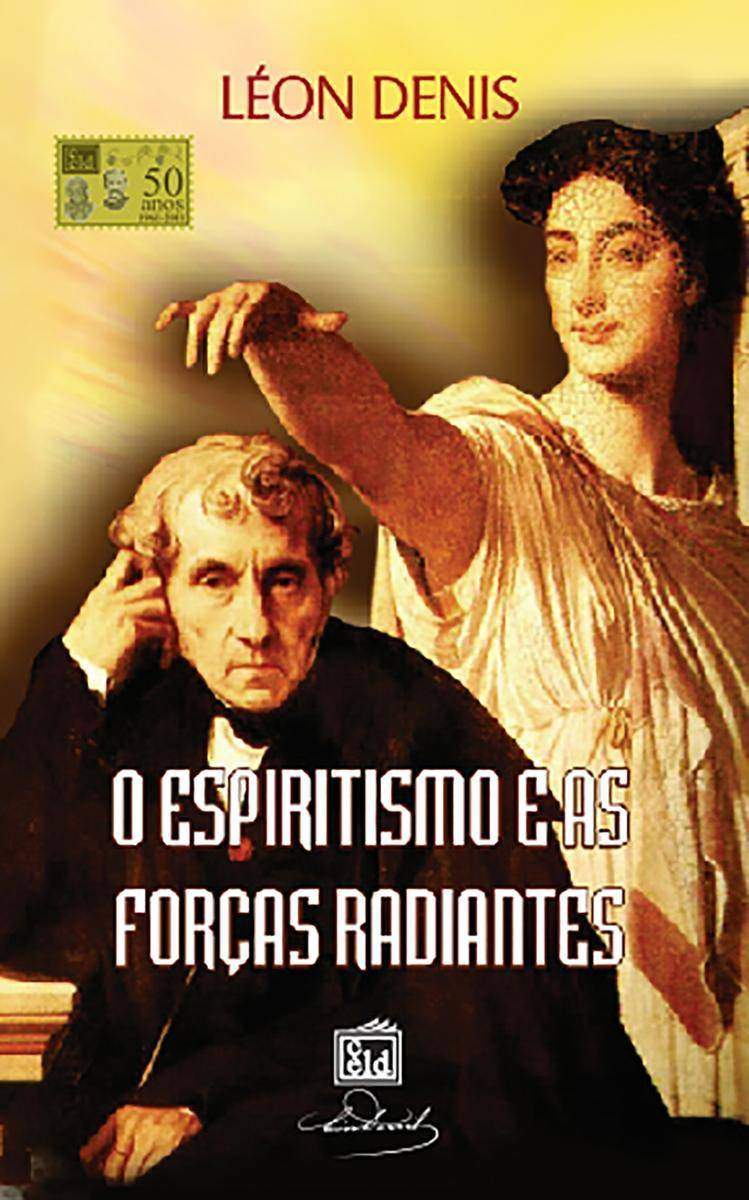
O Espiritismo e as For?as Radiantes
¥31.31
ber Zsófi, a harmincas, okos és sikeres mfordító egy nap arra ébred, hogy ki akar szállni a hétkznapok mókuskerekébl. Krnyezete legnagyobb dbbenetére vidékre kltzik, hogy birtokba vegye a nagymamájától rklt, mesébe ill házat. A titokzatos Nagyi azonban, akirl faluszerte azt suttogták, boszorkány, mást is tartogat unokája számára. Zsófi krül egyre sokasodnak a megmagyarázhatatlan események és a véletlen egybeesések. Mintha a ház – vagy valaki más – üzenni akarna neki. Vajon mit jelentenek a külns dátumok a nagypapa fényképének hátoldalán Mi minden rejtzhet az ódon, sokrekesz szekreterben Kinek a horoszkópját rizgette féltett kincsként a Nagyi és miért Bauer Barbara generációkon átível regénye arra keresi a választ, honnan jvünk, és milyen terheket halmoztak ránk felmenink. Talán nem is tudunk róluk, mégis egy életen át cipeljük ket Vagy elég bátrak vagyunk ahhoz, hogy megszabaduljunk a kéretlen útravalóktól Mialatt Zsófit mindinkább magába szippantja nagymamája naplója, melynek lapjain egy idtlen szerelem felemel és szívszorító trténete bontakozik ki, saját sorsa is gykeres fordulatot vesz egy férfi váratlan felbukkanásával. Nagyon úgy fest, hogy Szoboszlai András az igazi – de lehet, hogy egy kicsit még annál is tbb. Mieltt kzs jvjük tervezgetésébe vágnának, szembe kell nézniük saját múltjukkal, és kiderül, hogy trténetük szálai a felszín alatt szorosabban fonódnak ssze, mint azt bármelyikük is gondolta volna…

Illúzió
¥65.58
Чтобы приготовить восхитительные десерты из этой книги, вам не придется возиться с тестом. Используйте для них простые продукты – вафли, печенье, шоколад, ягоды, орехи, сливки. ? Торт ?Три шоколада? ? Йогуртовый торт с желе ? Шоколадная панна-кота ? Клубничный пудинг ? Сливочно-шоколадный десерт ? Десерт ?Птичье молоко? ? Пирожное ?Картошка? ? Тирамису ? Парфе с ягодами и др. Chtoby prigotovit' voshititel'nye deserty iz jetoj knigi, vam ne pridetsja vozit'sja s testom. Ispol'zujte dlja nih prostye produkty – vafli, pechen'e, shokolad, jagody, orehi, slivki. ? Tort ?Tri shokolada? ? Jogurtovyj tort s zhele ? Shokoladnaja panna-kota ? Klubnichnyj puding ? Slivochno-shokoladnyj desert ? Desert ?Ptich'e moloko? ? Pirozhnoe ?Kartoshka? ? Tiramisu ? Parfe s jagodami i dr.

Késtél
¥65.58
Борис Бублик многие годы изучает и практикует способы ?разумного земледелия?, которые облегчают труд на земле и улучшают урожай. К его советам уже прислушались более 1 000 000 последователей! Весь многолетний опыт автора – в одной книге! Узнайте, как организовать работу, чтобы не вредить земле химией, не гробить здоровье и получить достойный урожай. ? Надо ли перекапывать и рыхлить ? Какие растения угнетают рост сорняков ? Как организовать совместную посадку растений ? Как заставить сорняки работать на благо огорода ? Чем отпугнуть колорадского жука и др. ? Как изготовить инвентарь для работы в огороде. Бонус! Вкладка ?Таблица совместимости растений?. Boris Bublik mnogie gody izuchaet i praktikuet sposoby ?razumnogo zemledelija?, kotorye oblegchajut trud na zemle i uluchshajut urozhaj. K ego sovetam uzhe prislushalis' bolee 1 000 000 posledovatelej! Ves' mnogoletnij opyt avtora – v odnoj knige! Uznajte, kak organizovat' rabotu, chtoby ne vredit' zemle himiej, ne grobit' zdorov'e i poluchit' dostojnyj urozhaj. ? Nado li perekapyvat' i ryhlit' ? Kakie rastenija ugnetajut rost sornjakov ? Kak organizovat' sovmestnuju posadku rastenij ? Kak zastavit' sornjaki rabotat' na blago ogoroda ? Chem otpugnut' koloradskogo zhuka i dr. ? Kak izgotovit' inventar' dlja raboty v ogorode. Bonus! Vkladka ?Tablica sovmestimosti rastenij?.




 购物车
购物车 个人中心
个人中心



